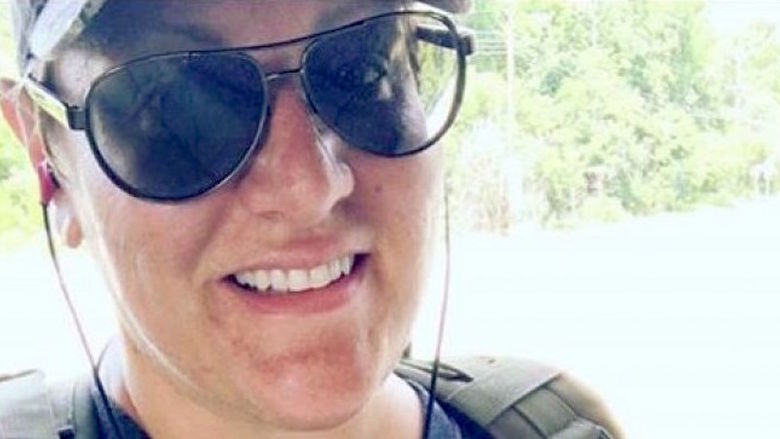ABINGTON, Pa. — A Penn State Abington professor is proposing public policy solutions to help reduce the mental health impact of incarceration among African-American men.
Frances Veale, assistant professor of Rehabilitation and Human Services, presented "The Impact of Post-Incarceration Syndrome Among African-American Male Offenders: An Emergent Need for Operational Intervention" at the college’s Faculty Research Series.
“You’ve been stripped of all of your autonomy and suddenly released and told to get a job, and a place to live,” said Veale, who served as a corrections officer in a maximum security prison. “Rehabilitation needs to start from the moment of arrest. You can’t adjust on your own.”
Post-incarceration syndrome (PICS) is a set of disorders that are more severe in those who were in solitary confinement and/or suffered abuse while in prison. The five disorders are institutionalized personality traits such as learned helplessness; post-traumatic stress disorder; antisocial personality disorder; social sensory deprivation syndrome; and reactive substance abuse disorder.
Besides solitary confinement and abuse, other factors leading to PICS include spending one year or more in prison and not receiving counseling or vocational training.
Veale said expanding services is critical to keep people from returning to prison. Among her proposals:
- convert 80 percent of correctional facilities into rehabilitation programs;
- eliminate policies that have proven to be detrimental and ineffective;
- implement universal pre-release programs for all offenders; and
- ensure access to publicly funded programs for addiction and mental health treatment upon release.
“Offenders come back because they are so used to the prison environment. It becomes the norm to them and it's easier being locked up than living in the free world,” said Veale.
The public should be concerned about the mental health of prisoners, she continued, because the United States spends $80 billion annually on correctional operations and one in three African-American men can expect to go to prison in their lifetimes.
“We research why crime is committed but not the impact of incarceration,” said Veale, who plans to interview prisoners throughout the country for her research.
Veale earned her doctorate from the University of Iowa in rehabilitation and counselor education with a minor in criminal justice.
Penn State Abington, formerly the Ogontz campus, offers baccalaureate degrees in 19 majors at its suburban location just north of Philadelphia. Nearly half of its 4,000 students complete all four years at Abington, with opportunities in undergraduate research, the Schreyer honors program, and NCAA Division III athletics, and a new residence hall for first-year students.




